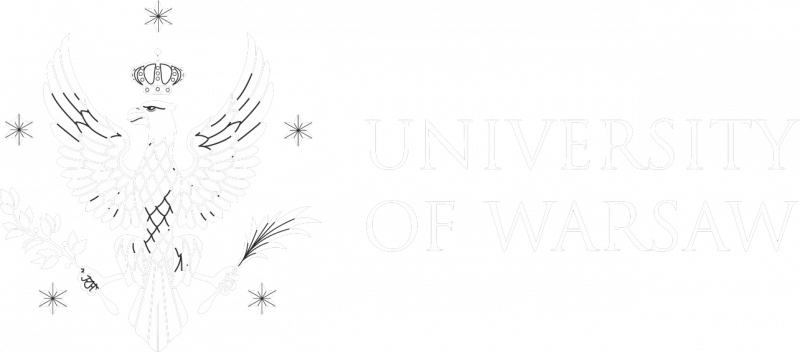
Prof. Piotr Bała
Computational Engineering
Program of study at ICM University of Warsaw
Computational Engineering is a full-time, second-level degree program with a practical profile, launched by ICM University of Warsaw in the winter semester 2016/2017. The course is addressed primarily to graduates of engineering or master’s studies. The program consists of the application of scientific computing, including using large-scale systems, to solve advanced scientific and technical problems. The alumni of computational engineering find employment in various IT companies, including HPC centers.
During the Computational Engineering course, students gain basic knowledge in the field of large-scale systems, their architecture, as well as their management and use in selected fields (computational chemistry, molecular modeling, bioinformatics, data analytics in aviation, meteorology, modeling social processes). Students learn methods of processing, analysis and visualization of big data, including machine learning and artificial intelligence. They learn the methods and paradigms of large-scale systems programming with particular emphasis on parallel and distributed programming, including cloud computing.
Overview of the course
Curriculum
Selected topics of classes
Overview of the course
- 3 semesters postgraduate program (2nd level study)
- Achieving Master degree in computer science
- More than 50% of lectures are in the form of practical classes
- To enroll engineer’s or master’s degree is required
- directed primarily at non-IT specialists
- majority of applicants with degree received out of University of Warsaw
- 15 students per course, starts every semester (2 times a year)
- Acceptance rate 61%
- Study program entirely defined based on the learning outcomes
- fully compliant with applicable regulations and industry trends
Curriculum
- Obligatory courses – 1st semester
- Math (6 ECTS),
- Introduction to HPC (9 ECTS)
- Parallel programming (6 ECTS)
- Obligatory courses – 2nd semester
- Simulations in natural sciences (3 ECTS)
- Simulations in social sciences (3 ECTS)
- Internship (obligatory)
- 3 month internship (12 ECTS) (mostly at ICM)
- Other courses (student has to take 3 of such courses)
- Visualization (6 ECTS),
- Simulations in various areas (physics, medicine, transportation, etc.)
- AI, DL, etc.
Selected topics of classes
- Introduction to high performance computing systems
- Basic computer architectures, processors, networks, and data storage systems
- Queuing systems and their use in practice
- Code compilation, profiling technologies and code optimization
- scalar and vector
- Installation of software and numerical libraries
- Introduction to grid and cloud technologies, virtualization
- Computing portals
- Parallel computing (PGAS, MPI, OpenMP, GPU)
- Hadoop, Spark
- Quantum Computing

